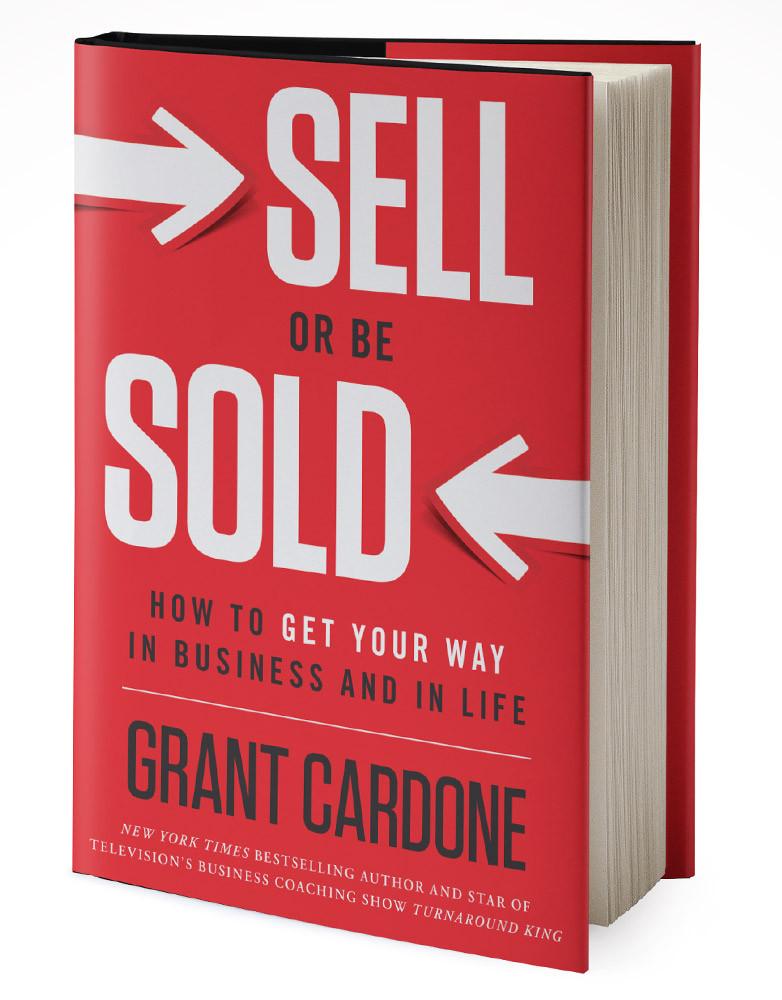“Book Notes” is a collection of notes from books relevant to entering the industry and practicing financial planning.
***
Note: For a series introduction and an explanation of my interest in the book, check out this page with my notes on the first three chapters.

***
Chapter 13: Massive Action
In Chapter 13, Cardone introduces his 10X principle which has become one of his core principles. He begins the chapter by opining that most people underestimate the amount of work it takes to reach their goals. Next, he describes his view on four different types of action. He goes on to note the benefits of taking massive action and to expect pushback on your efforts from fellow salespeople. Finally, he explains his 10X rule and drives the point home with several analogies and examples.
- “Most people incorrectly estimate the amount of effort it takes to get the results they want. When it comes to taking action, never think in terms of balance; always think in terms of massive amounts of action.”
- “It’s been said that there are three kinds of action in life: 1. The right action 2. The wrong action 3. No action (which will always result in nothing) And in my world there’s a fourth kind of action: 4. Massive action!”
- “Production results in happiness. … People feel better when they are producing, and the more production they generate, the better they will feel.”
- “Your fellow salespeople, however, may praise you only with criticism, tell you that you’re working too hard, and give you free advice like ‘Slow down – smell the roses.’ Disregard them and consider their suppressive comments to be a sign that you are on the right track. Just continue to add wood to your fire.”
- “If you want one thing, take massive action equal to at least ten times what you think it will take to ensure that you attain that one thing. If you do that, you won’t have to hope, wish, cross your fingers, or pray for what you want.”
- “A farmer should plant far more than he can possibly eat so that if a drought or famine occurs he can still take care of his family and his neighbors.”
Chapter 14: The Power Base
Chapter 14 covers who to focus your sales efforts on initially. Not surprisingly, it is the people who already know you. This is an uncomfortable approach for many in financial services. However, to Cardone’s credit, he does qualify his recommendation in that his goal is to only actually propose a sale to those who would benefit from the service. He begins the chapter by describing this “power base” of relationships and how to “build” it. Next, he addresses the mental obstacles so often encountered with this approach. Lastly, he talks about why existing customers should be a primary focus and the importance of maintaining those relationships.
- “Everyone has a base of power in their life where things are familiar and known. Typically, it starts with one’s family and friends. … “Your power base is made up of the people who will be happy to hear from you and want to know what you’re up to.”
- “Your power base includes, but is not limited to, friends, family members, associates at past jobs, past employers, current and former clients, members of clubs, neighbors… Let them know what you’re up to and find out when you can meet with them to catch up. The purpose of the meeting is not to sell them… The purpose is to get in contact with them and to work on restoring your power base.”
- “Each of the people you know will have at least ten people in their own power base who can benefit from what you’re selling or the service that you’re offering.”
- “People want to help people that they know. Put away any reservations that you have and contact them. Get rid of that silly idea that you’ll be imposing on the relationship.”
- “Existing customers are the easiest sale to make, and I always prefer them over a brand-new prospect. …it’s easier for [former customers] to make a decision with someone they’ve done business with before. … People find comfort in familiarity.”
- “I can assure you that if you don’t’ stay in touch with your power base, including your previous customers, you’ll never attain power in your business. Never neglect your former customers!”
Chapter 15: Time
Finally, in Chapter 15, Cardone addresses the importance of managing one of our most valuable and limited resources: time. To begin, he challenges readers who tell themselves that their results are simply a matter of not having enough time. Then he tells a story of what led him to make a change in his calendar to significantly boost his productive hours per year. Next, he encourages the read to start tracking their time to be able to manage it better. Finally, he covers why eating out for lunch is important and the net benefit of eating with prospects over the course of the year.
- “The fact is, you have the same amount of time as everyone else; you just aren’t using it efficiently. We all have the same 24-hour days..”
- “I made it a firm policy that if I wasn’t eating with clients or potential clients, I’d eat lunch in my office while I called clients.”
- “Starting today, I want you to take a look at how much time you waste in a day. … He who makes the most of his time will accomplish the most.”
- “My rule is if they work with me, they won’t buy from me, and so that excludes them from spending lunch with me.”
- “Today, I invest breakfast, lunchtime, and dinner with buyers, prospects, and even long shots. … Even when I’m not taking a customer to lunch, I’ll frequent places where I’ve got a shot at being seen, where lots of people go, or where I might just luck out and run into someone who will buy from me.”
- “That brown bag lunch you made to save yourself $10 will cost you hundreds of thousands of dollars in lost sales. Go out, be seen, mix it up, and put yourself In the game.”
***






